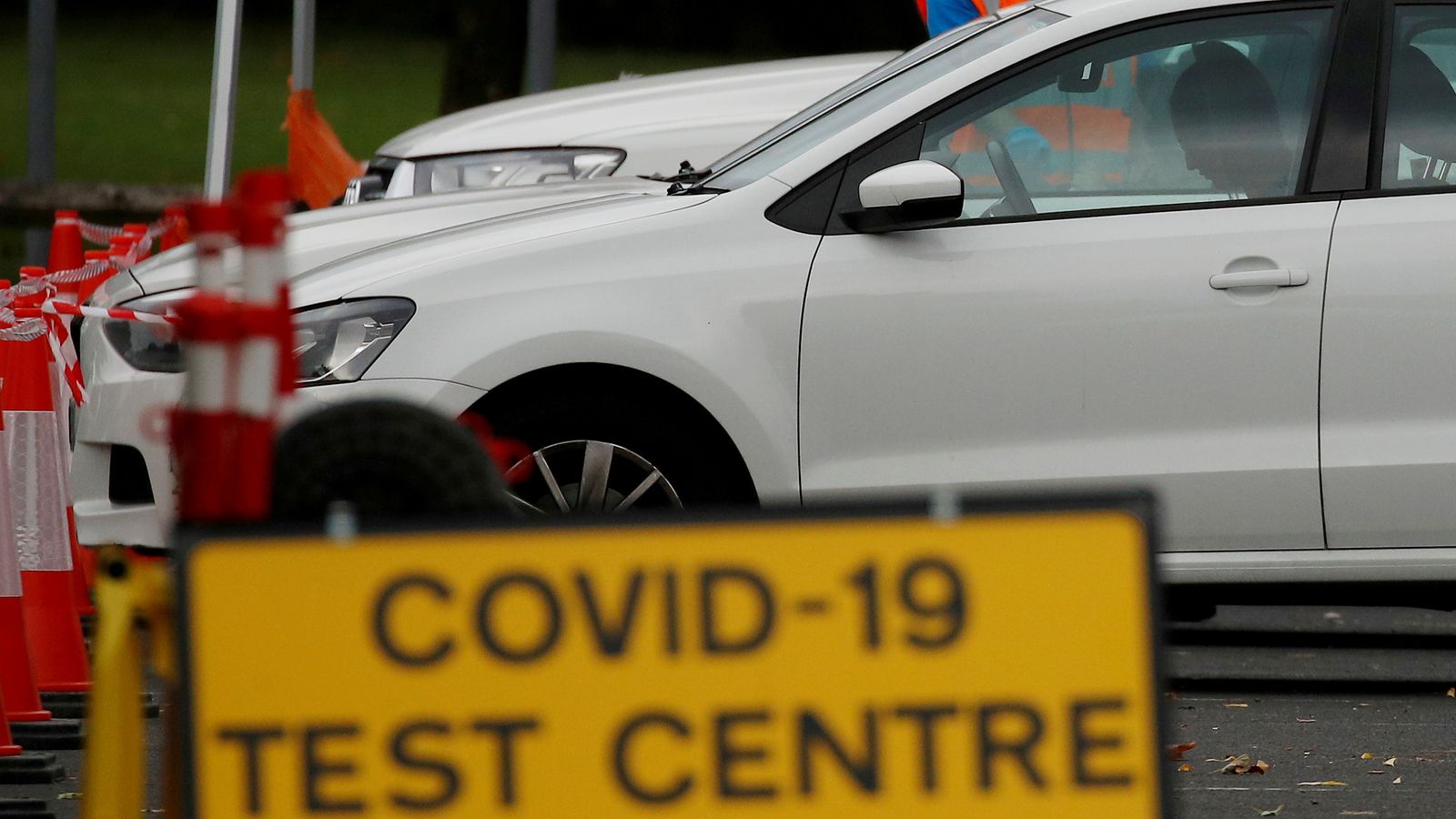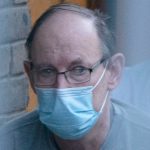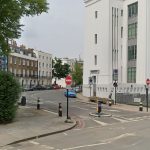The UK has reported 34,471 new COVID-19 cases and six more coronavirus-related deaths in the latest 24-hour period, government data shows.
The figures compare with 31,772 infections and 26 deaths announced yesterday, while 27,334 cases and nine fatalities were recorded this time last week.
It is the sixth day in a row where total cases have been more than 30,000.
Live COVID updates from the UK and around the world
And it comes as 42,000 people had their first dose of a COVID vaccine on Sunday, taking the total to 45,923,721.
Another 107,620 people had their second jab yesterday, meaning 34,872,131 are now fully vaccinated in the UK.
According to the latest data, 563 COVID patients were admitted to hospital on 6 July and a total of 3,081 people were admitted over seven days – a weekly rise of 56.6%.
Meanwhile, Boris Johnson has warned infections will rise as he prepared to announce in a news conference the lifting of most restrictions in England from 19 July.
The plan to bring almost all of the remaining rules to an end was officially confirmed by Health Secretary Sajid Javid in the House of Commons ahead of the news briefing, although face masks remain “encouraged”.
Under step four of the roadmap out of lockdown, the government has said all coronavirus limits on gatherings will be removed, masks will no longer be legally required, social distancing measures will be scrapped and the order to work from home will be lifted.
But the requirement for people in England to self-isolate if they are identified as a close contact of someone with COVID-19 will stay until 16 August, when it will be relaxed for those adults who are fully vaccinated, and also children.
Before then, fully vaccinated adults and all children will no longer have to quarantine on their return from amber list countries from 19 July.
Mr Javid said the four tests to relax most restrictions next Monday had been met – the success of the vaccine rollout, evidence that vaccines are causing a reduction in hospital admissions and deaths, that infection rates do not risk a surge in admissions, and that no new variants of concern throw progress off track.
But he urged people to act responsibly because even though the link between cases and deaths had been “severely weakened” it had yet to be fully broken.
And he said people should still wear masks in crowded areas such as public transport, that people should gradually move back to the workplace and the government would encourage businesses holding mass events to use certification as a way to open up.
“Thanks to the shared sacrifices of the British people and the protective wall of our vaccination programme, we have made huge advances,” Mr Javid said.
“We firmly believe that this is the right time to get our nation closer to normal life… It’s the start of a new phase of continued caution.”
Mr Javid has admitted there could be 100,000 new cases a day in the summer.
Hospital admissions are “creeping up” while daily deaths are remaining relatively low compared to earlier in the year thanks to the success of the vaccine programme.
And an expert adviser to the government has said it is clear that face masks “greatly reduce transmission”.
Professor Peter Openshaw, a member of the New and Emerging Respiratory Virus Threats Advisory Group (Nervtag), said it is vital to keep some protective measures in place, such as wearing face coverings.






















